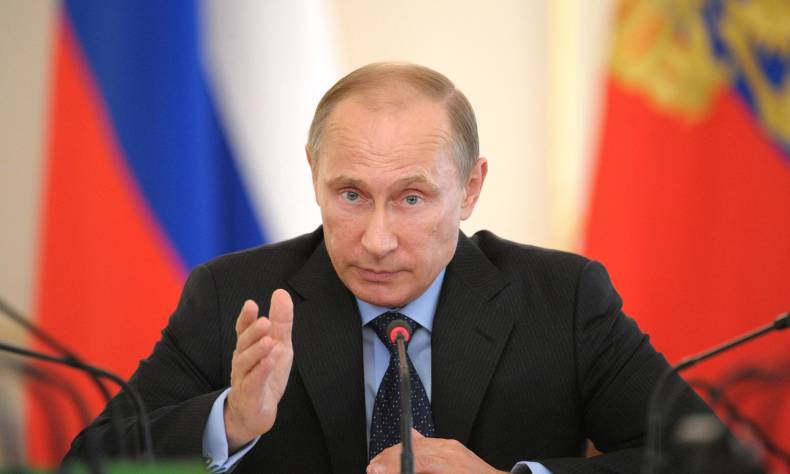
The Driving Force of Sino-Russia Relations in the New Era
Xi and Putin trust each other and share their thoughts with each other, which is important to the relationship.
By Wei Jinshen
Russian President Vladimir Putin made an official visit to China on June 8 and will attend the SCO Qingdao Summit. (http://www.cnfocus.com/sco-champions-a-new-model-of-regional-cooperation/). This is a visit of critical importance. As China enters a new era of socialism with Chinese characteristics after the 19th CPC National Congress, and Vladimir Putin has just begun his fourth presidential term, it is not surprising that the international community is paying close attention to this visit.
The Sino-Russia relations have grown deeper since the 18th CPC National Congress. This visit, which is the President’s first to China in his new term, has brought China and Russia even closer. We can assess the drivers of the Sino-Russia relationship from the following perspectives.
First, at the global level, China and Russia share common goals in security, trade and international cooperation. The two countries both support the United Nations and oppose interference in other countries’ internal affairs, they approve of the multilateral free trade system with the World Trade Organization (WTO) at its core and object to protectionism, and they advocate reform of the International Monetary Fund (IMF) and the World Bank and highlight the importance of G20 in global financial reform. With those common strategic focal points, China and Russia need to communicate and coordinate constantly to build a new model of major-country relations.
Second, at the regional level, China and Russia are committed to enhancing multilateral cooperation and maintaining regional stability. Over the 40 years of Reform and Opening-up, China has gradually formed a new mindset of building regional economic cooperation with Chinese characteristics. During his visit to Central Asia in Sept., 2013, President Xi Jinping proposed the Silk Road Economic Belt, which won enthusiastic approval from many Central Asian countries and from Russia. China and Russia issued a joint statement in May 2015, announcing that the two countries had decided to align the Silk Road Economic Belt and the Eurasian Economic Union. The SCO, with its upcoming summit on June 9th, is the best platform for China and Russia in regional cooperation.
Third, at the bilateral level, the Sino-Russia relations is based on the further development of the Sino-Russia comprehensive strategic partnership of coordination. Among over 100 strategic partners, Russia is China’s only comprehensive strategic partnership of coordination. The Sino-Russia relationship is developing in many respects: trade between China and Russian reached more than USD 84 billion in 2017, and is expected to achieve USD 100 billion in 2018; the construction of eastern part of the Sino-Russia natural gas line is going well; China and Russia have held national-level events, such as China-Russia National Year. These all consolidate the mass social base of Sino-Russia relations.
Last, at the leadership level, President Xi and President Putin are close friends and working partners, which is an important driver of the relationship. The Media and the peoples of the two countries constantly voice their approval of the personal friendship between their leaders. Xi and Putin trust each other and share their thoughts with each other, which is important to the relationship. Xi and Putin have met more than 20 times and exchanged more than 50 letters since 2013. It is rare in modern international relations that the leaders of two countries are so close. In 2017, Putin awarded Xi Jinping the Order of St. Andrew the Apostle, Russia’s highest honor, and the first Friendship Medal of the People’s Republic of China (PRC) will be awarded by Xi Jinping to President Putin during his current visit to China. This will be a significant event in the history of China-Russia relations.
As China-Russia relations have gained continuous impetus, the comprehensive cooperation of the two countries has achieved notable breakthroughs. This first visit by Putin to China in his new term will definitely offer further momentum to the comprehensive strategic partnership of coordination in the new era.
Wei Jinshen, research assistant of the Russia Studies Center in Shanghai International Studies University
 Facebook
Facebook
 Twitter
Twitter
 Linkedin
Linkedin
 Google +
Google +










